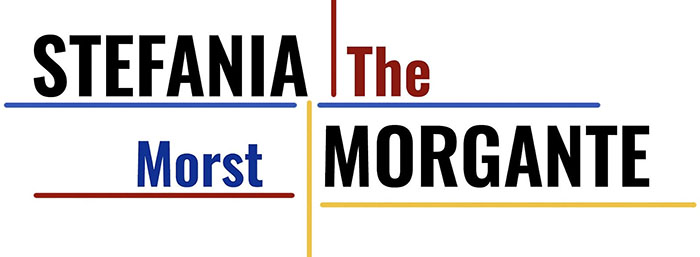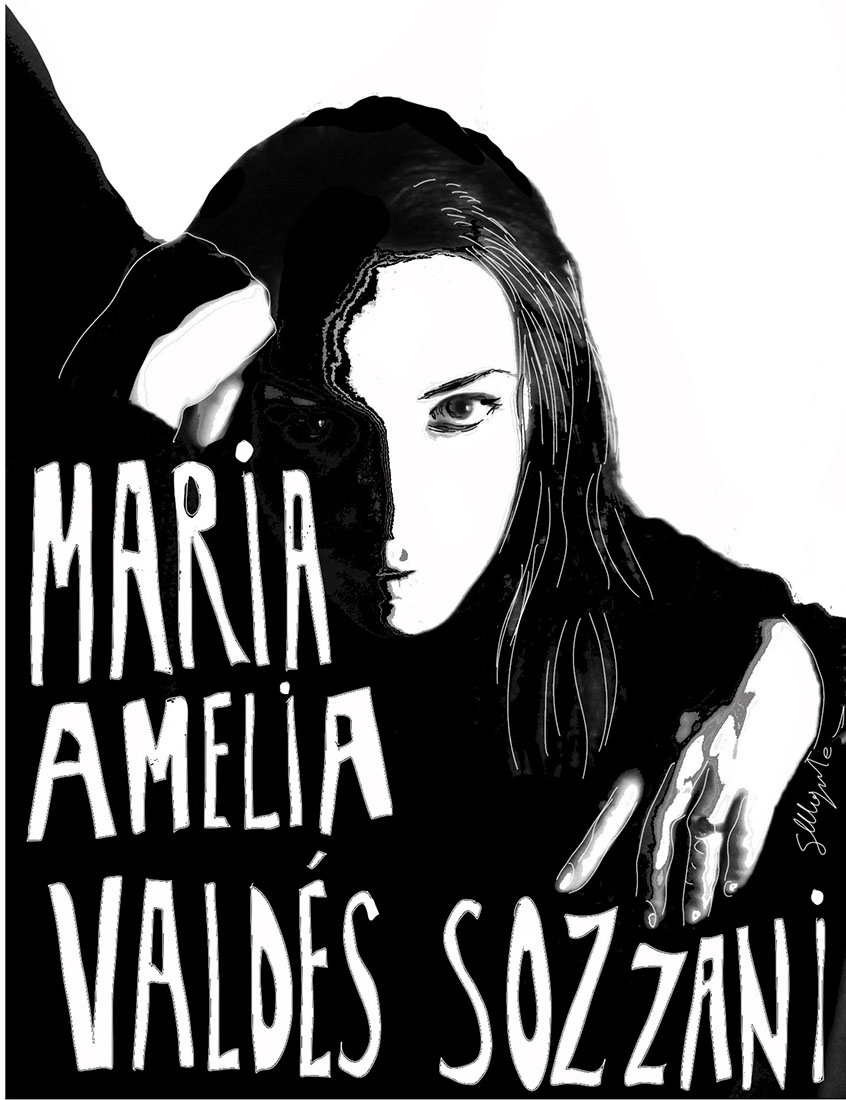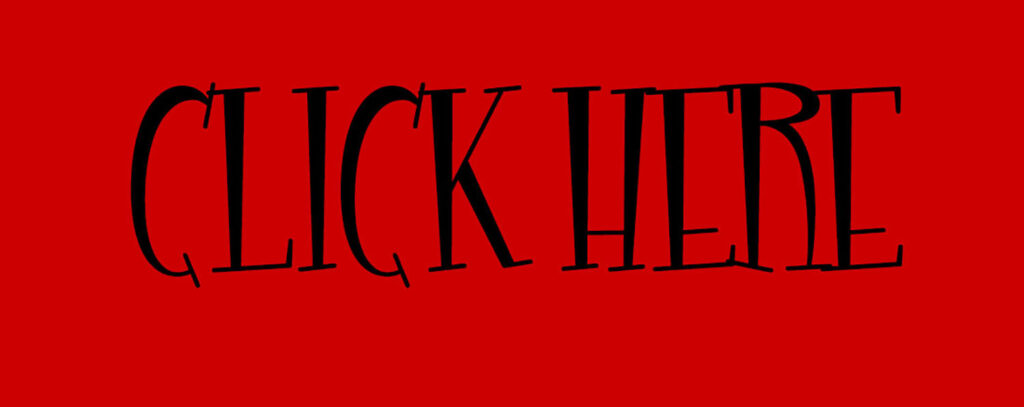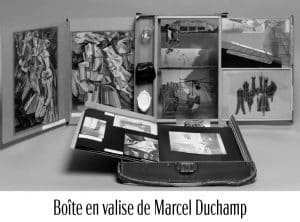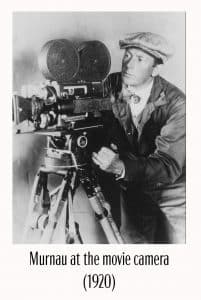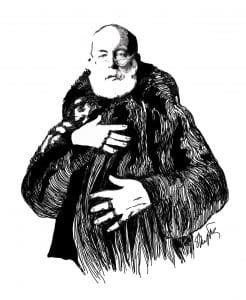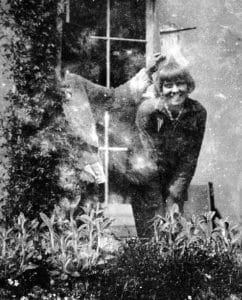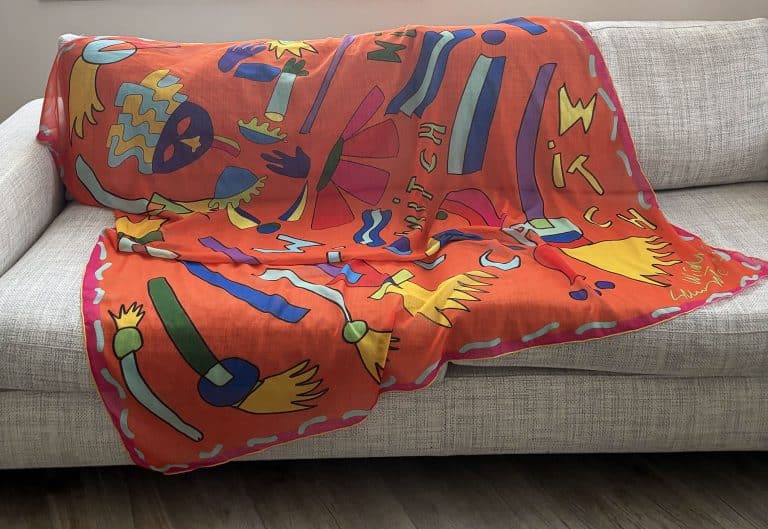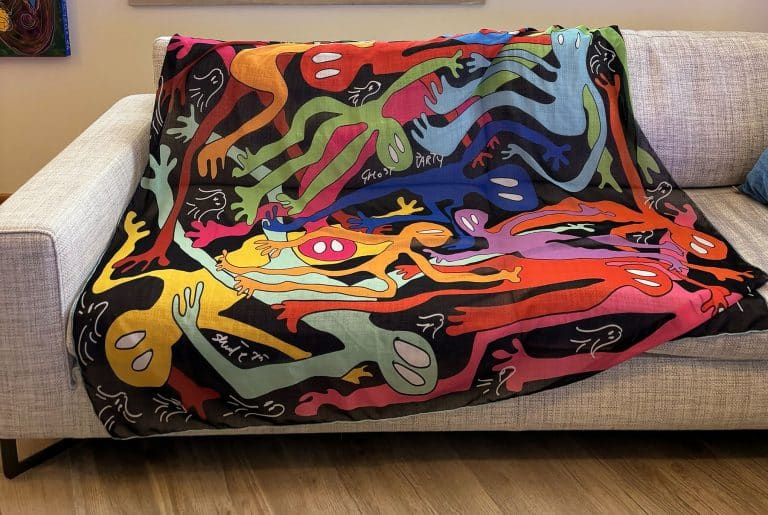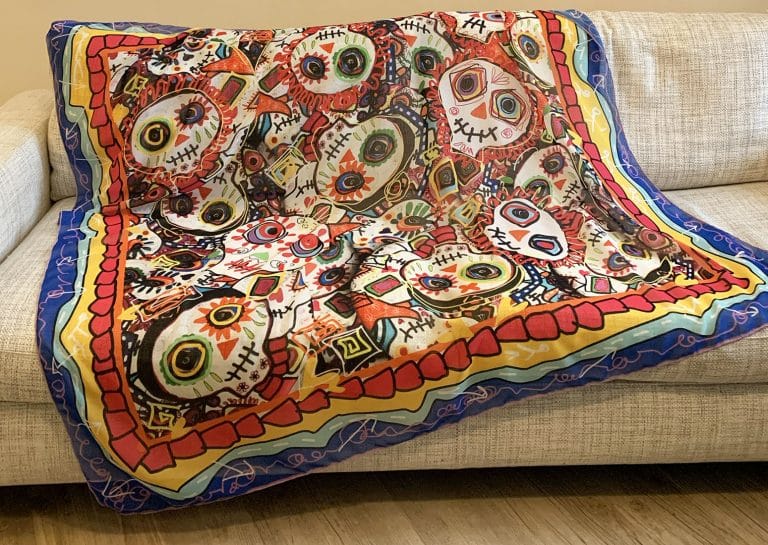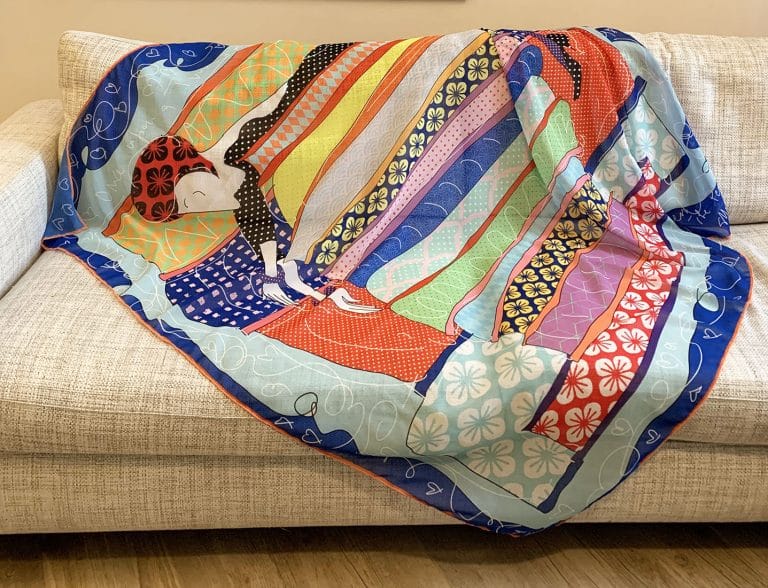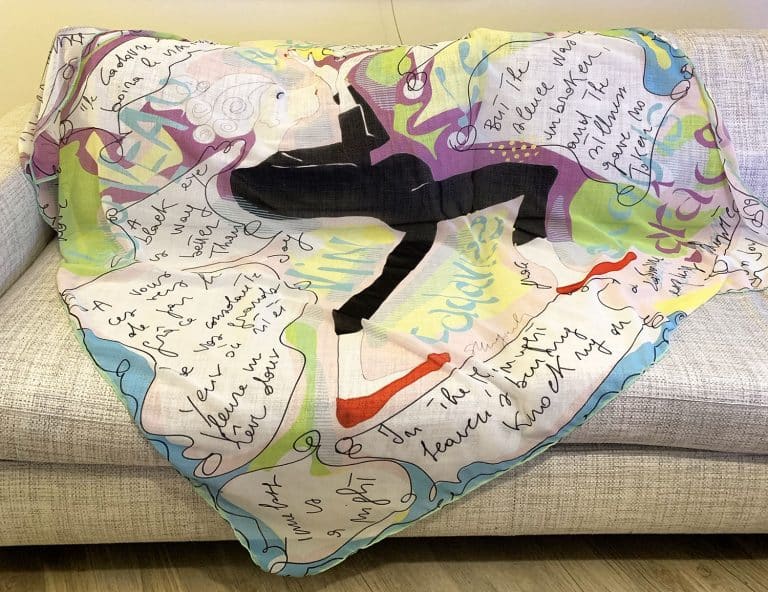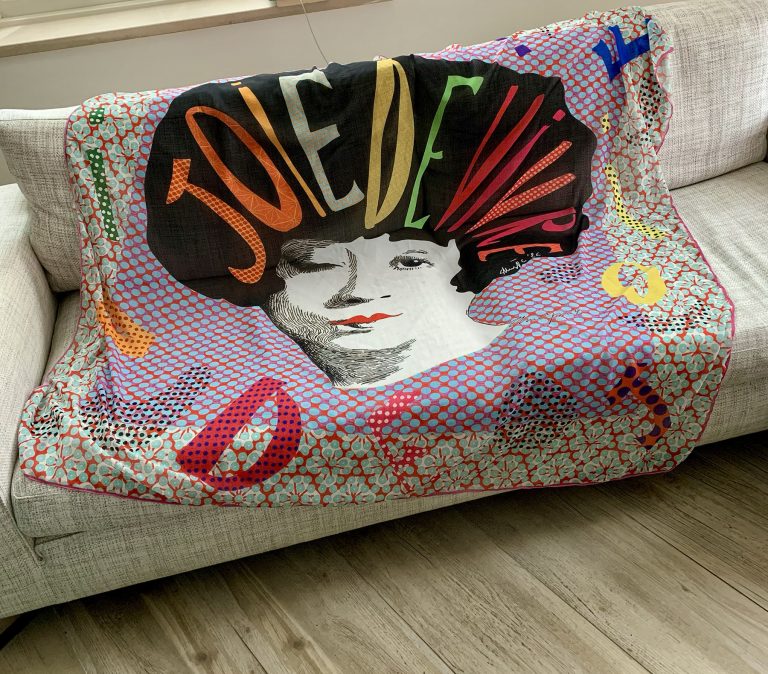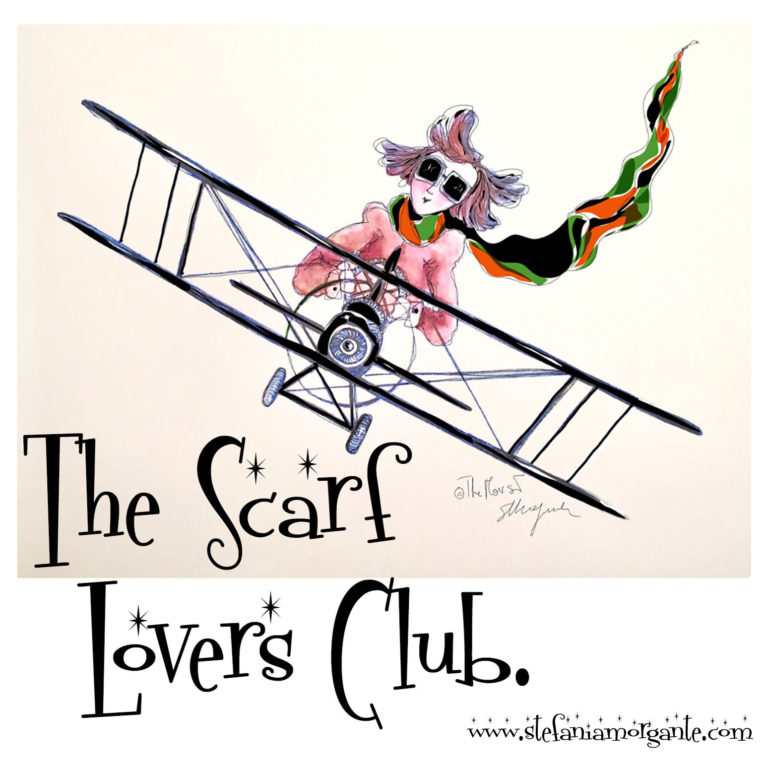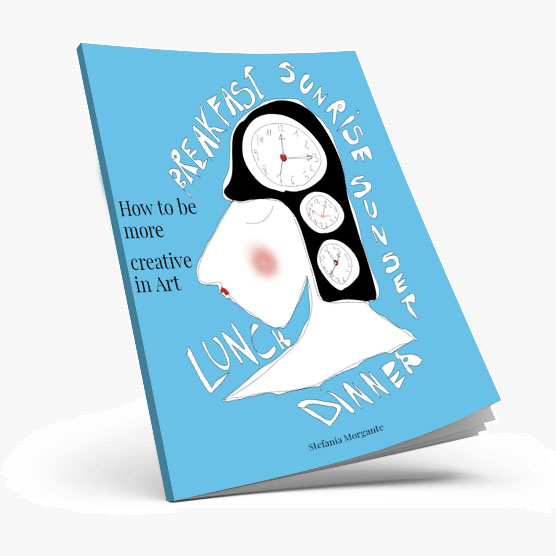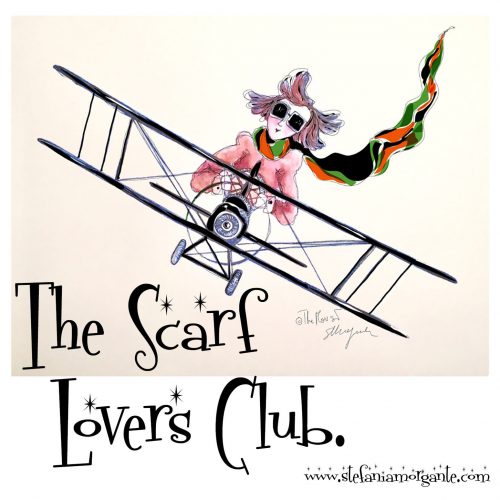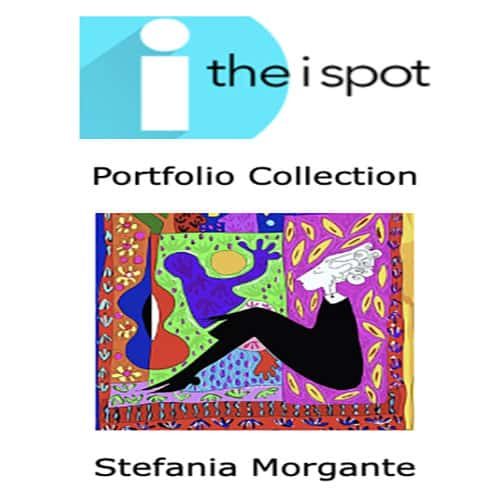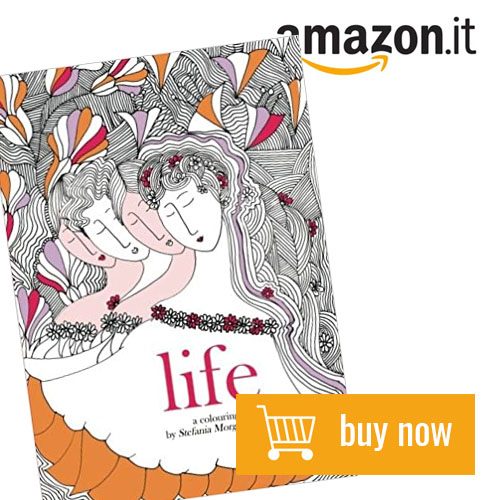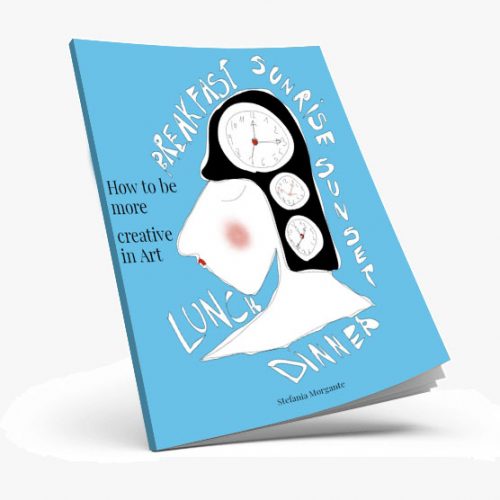Nulla die sine linea: the art of Maria Amelia Valdés Sozzani.
The theme of this interview is the creative act.
Maria Amelia, Meli, like the famous painter Apelles, does not let a day go by without sketching a few lines with her brush.
For her, the daily exercise is necessary in order to progress more and more.
I have always been interested in studying other artists, in knowing how an idea is born, how it is chosen by the artist, why she uses a certain technique and how he came to choose that technique and those themes.
Let’s start dear Meli, I’m really curious to know everything about your art!
—> Tell me briefly something about yourself, your background, your studies, your worldview. In a nutshell, who you are and what you do.
I was born in La Plata, a city near Buenos Aires, Argentina on January 20th 1977 to a family of Spanish and Italian ancestry. I studied Art History and, as an artist, I developed an extensive body of work, through which I explore reality in its multiple dimensions.
I have exhibited my work in galleries, art fairs and museums in my country and abroad. I have also worked as an illustrator and as a cover artist.
Art is my work and my passion, and I feel very lucky for being able to do what I love.
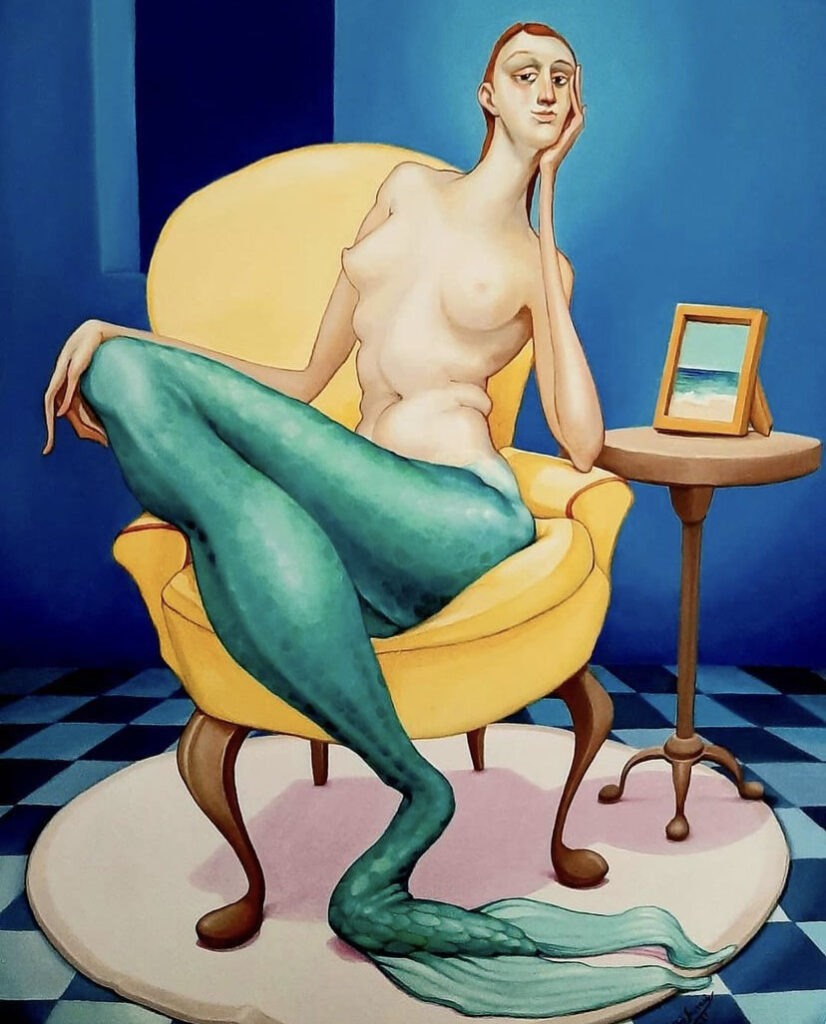
–> What is the motivation that pushed you to become an artist?
I’ve been drawn to Art since childhood, I would spend hours drawing, painting and modelling clay, creating a world of my own. I guess visual representation is my natural channel of expression. The possibility of giving form to ideas, feelings, dreams … that magical act where a different reality is manifested definitely pushed me to become an artist.
—> When did you realize you were going to be a professional artist?
Since I can remember I loved painting and drawing but when I was 12 years old I had a curious dream that really made up my mind. I was in a large space, like an art gallery or museum, all the drawings and little paintings I had been doing those days were hanging on the walls, beautifully framed, people were looking at them and seemed to enjoy them. I felt so happy and fulfilled when I woke up that since that day I knew that I would become a professional artist.
—> Was the creative process taught to you in school or did it come from your own personal experiences?
My work as an artist is a never ending personal search. I always thought that freedom is very important in the development of your own artistic voice and aesthetic conception. My creative process is enriched with every experience, with every exchange with colleagues, with all the cultural baggage that makes up my language as an artist, it is in a permanent dialogue with the art of the present and the past, building the work of the future.
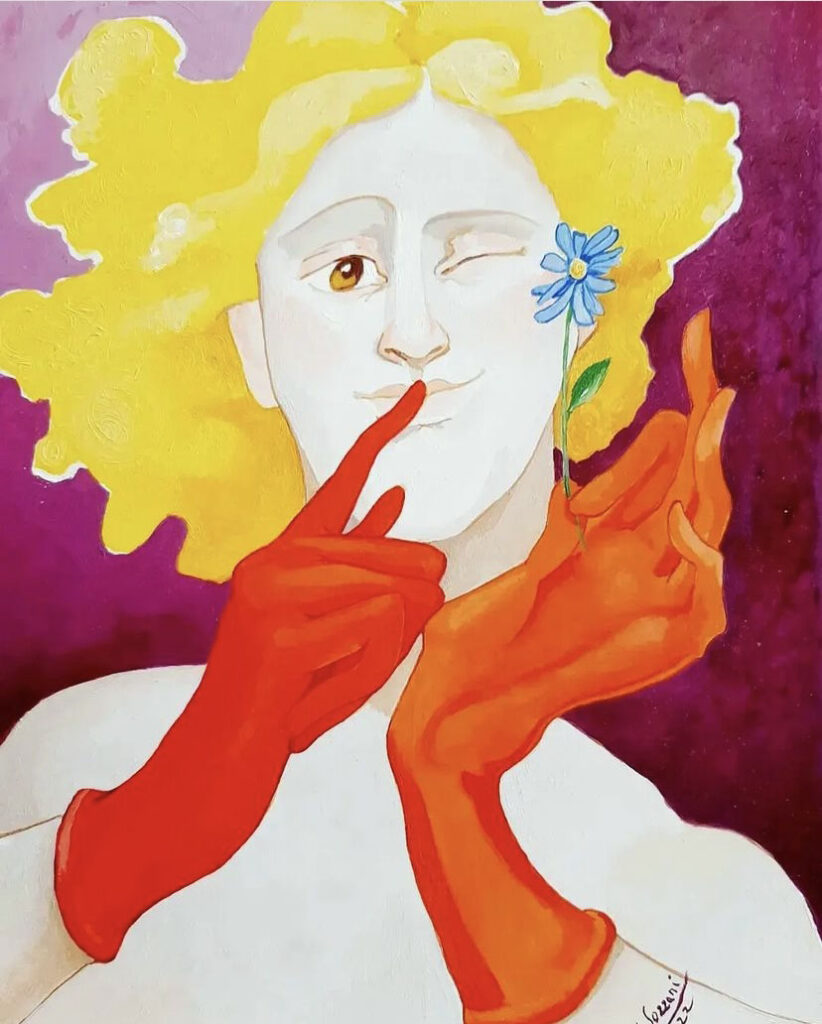
—> Is there any situation where you wouldn’t recommend getting more involved in drawing and painting? I know it’s weird to ask an artist this, but I’m interested in hearing about the moment when you lack inspiration, you no longer love what you do, and your creativity is moribund. So what do you do? Does this happen to you sometimes?
It’s true that sometimes we get obsessed with a piece that doesn’t seem to progress. I think that the best thing to do is just leave the piece for a while and work on something else. Most of the time while you work on the next piece the idea you were needing suddenly appears.
—> When you present a piece of work on the web, to clients, at exhibitions, what are the most common questions they ask you about how you created it?
Most of the time questions are about the story behind the characters in the paintings, about their world, the symbolic meaning of a certain element. It’s incredible experience when you have the chance to know how people relate to your work. Sometimes you even discover things in your own work that you hadn’t noticed, unconscious elements, different interpretations, different points of view.
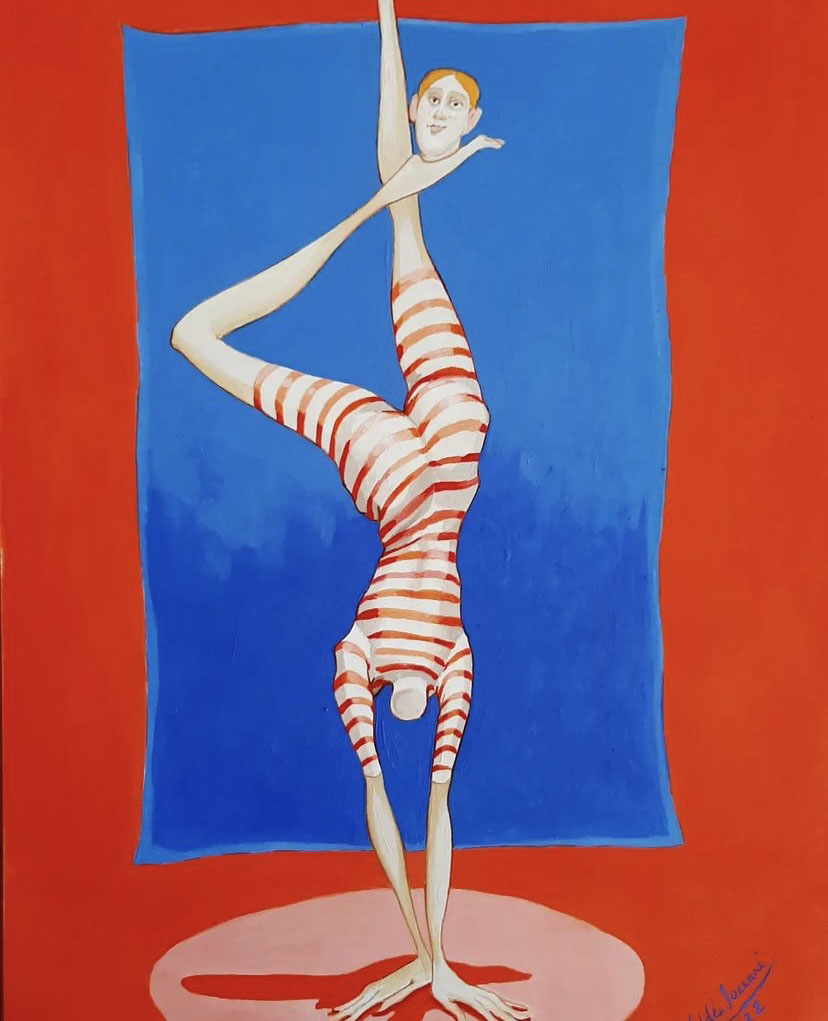
—> What is the first thing you do when you have a blank sheet of paper in front of you? Do you already know what you’re going to do? Do you already have the idea?
Most of the time I have the work on my mind, the concept, the characters, then I make a very simple sketch, just to ponder the composition effect, the relations between the figures and the disposition of visual weight, I don’t sketch in a very detailed way, I feel that this way the definitive work is more lively. I keep paintings in my mind, for years sometimes, before I decide to make them… Sometimes it’s a color that triggers the whole idea of a piece, as if forms and stories were connected to it; sometimes it is a poem, or a piece of literature that inspires a piece.
—> What fuels your creativity every day?
Seeing art as the magical power of creating something out of nothing. It gives me hope, and it is that hope that keeps me going.
—> What advice would you give to someone who is stuck creatively?
I always keep in mind the advice of Apelles: Nulla dies sine línea, work everyday, at least do a line. Never stop so creativity keeps flowing, and if you are stuck that simple line may be the one that suddenly unblocks you. Working keeps you open to new ideas, I always feel that the more I work the more ideas I get. As if every work were linked to the next one.
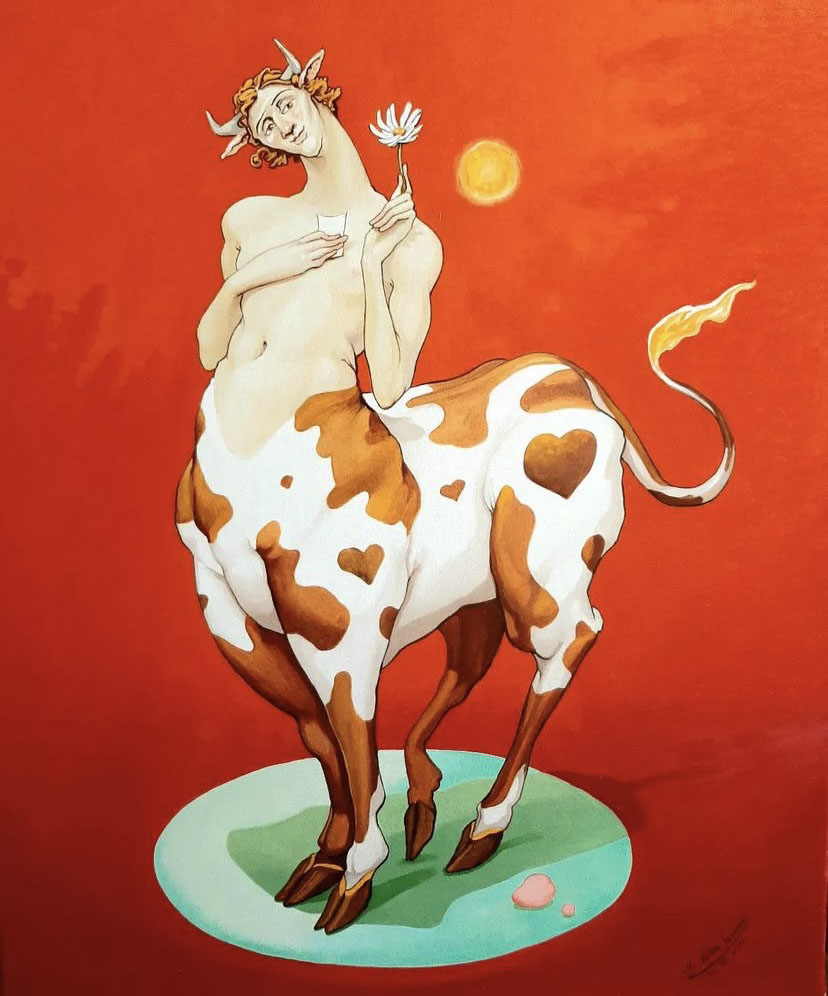
—> Is there an order to your creative process? Are you aware of this or do you change depending on the work?
Yes, you go through different “phases” of the work before you feel a certain result is achieved, and you go through a certain path you’ve outlined for every work , to get the right color, the right light… But of course that order, that path, depends much on the technique you’re employing.
—> Does your creative process change if the work is commissioned? Does your creativity change if you have a collector asking for certain things?
It depends on the kind of commission, if it is a portrait for example, I usually make a more detailed sketch to show the overall idea of how the work will be. People sometimes are a bit anxious because it’s their image you will be working with, so having that sort of “preview” is very useful.
For other kind of commission, as in illustrations, or works in collaboration with a literary author I work more freely, with my usual process, and I find it really inspiring
The thing with commission is that you have to find a balance between your creative freedom and the commissioner’s needs, and it is an interesting challenge to see things from a different perspective.
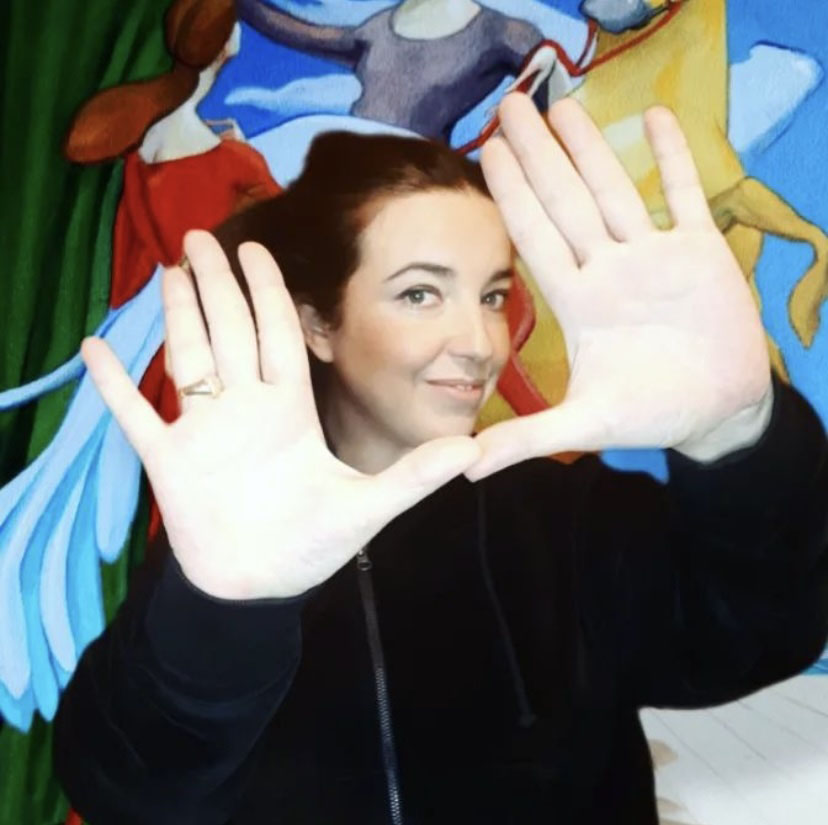
Thank you Meli, I think one of the secrets of your so joyful art lies in the motto on your instagram page: Art will take you to that Paradise you are seeking.
Follow interviews, meet new artists, click the button.
